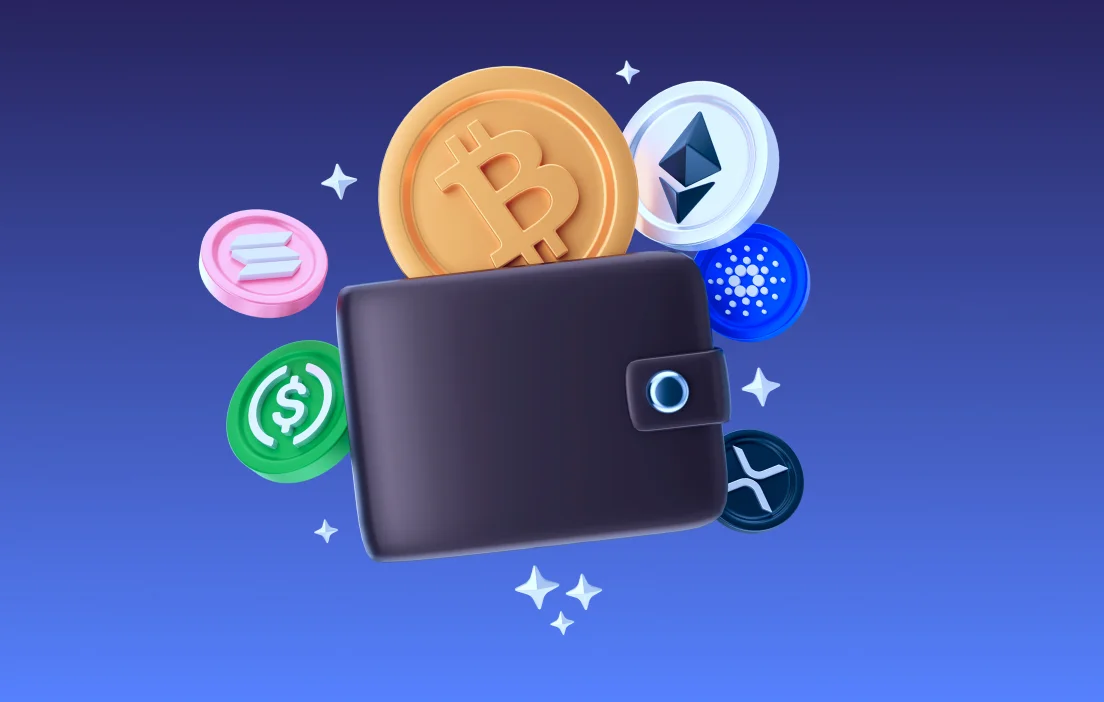Introduction
“Not your keys, not your coins.” This golden rule in the crypto world highlights the importance of owning a wallet. But when it comes to picking one, the choices can feel overwhelming. Should you go with a hot wallet for convenience or a cold wallet for ironclad security? Let’s break it down.
What Are Crypto Wallets?
At their core, crypto wallets are digital tools that let you store and manage your cryptocurrency.
Two Main Types:
- Hot Wallets: Connected to the internet.
- Cold Wallets: Offline storage.
Pro Tip:
Hot wallets are like wallets in your pocket—easy to access but risky to carry everywhere. Cold wallets are like safes—secure but less convenient.
Hot Wallets: The Essentials
How They Work:
Hot wallets store private keys online, allowing quick access to your funds.
Popular Options:
- Mobile wallets (e.g., Trust Wallet, Coinbase Wallet).
- Desktop wallets (e.g., Exodus, Electrum).
- Web wallets (e.g., MetaMask, Binance).
Advantages:
- Instant transactions.
- Easy to set up and use.
- Perfect for frequent traders.
Disadvantages:
- Prone to hacks if not secured properly.
- Dependent on internet connectivity.
Best For:
Active traders or those who need quick access to their funds.
Cold Wallets: The Essentials
How They Work:
Cold wallets store private keys offline, away from potential cyber threats.
Popular Options:
- Hardware wallets (e.g., Ledger, Trezor).
- Paper wallets (printed QR codes or keys).
Advantages:
- Extremely secure—virtually hack-proof.
- Ideal for long-term storage.
Disadvantages:
- Not beginner-friendly.
- Requires physical storage (and care).
- Can be expensive (hardware wallets).
Best For:
Investors who HODL (hold on for dear life) and prioritize security over convenience.
How to Choose the Right Wallet
- Evaluate Your Needs:
- Are you trading daily? Hot wallets are your friend.
- Are you storing crypto for the long haul? Go cold.
- Diversify Your Storage:
- Use a combination of both. Keep a small amount in a hot wallet for transactions and the majority in a cold wallet for security.
- Security Features:
- Opt for wallets with two-factor authentication (2FA) and backup options.
Common Mistakes to Avoid
- Failing to Backup Your Keys:
- Lost keys = lost funds. Store your recovery phrases securely.
- Using Unverified Wallets:
- Stick to reputable platforms to avoid scams.
- Ignoring Updates:
- Update your wallet software regularly to stay ahead of vulnerabilities.
Conclusion
Hot wallets are convenient but come with risks. Cold wallets are ultra-secure but less practical. The best approach? Use both to balance accessibility and safety. After all, your crypto deserves the best of both worlds.




Leave a Reply